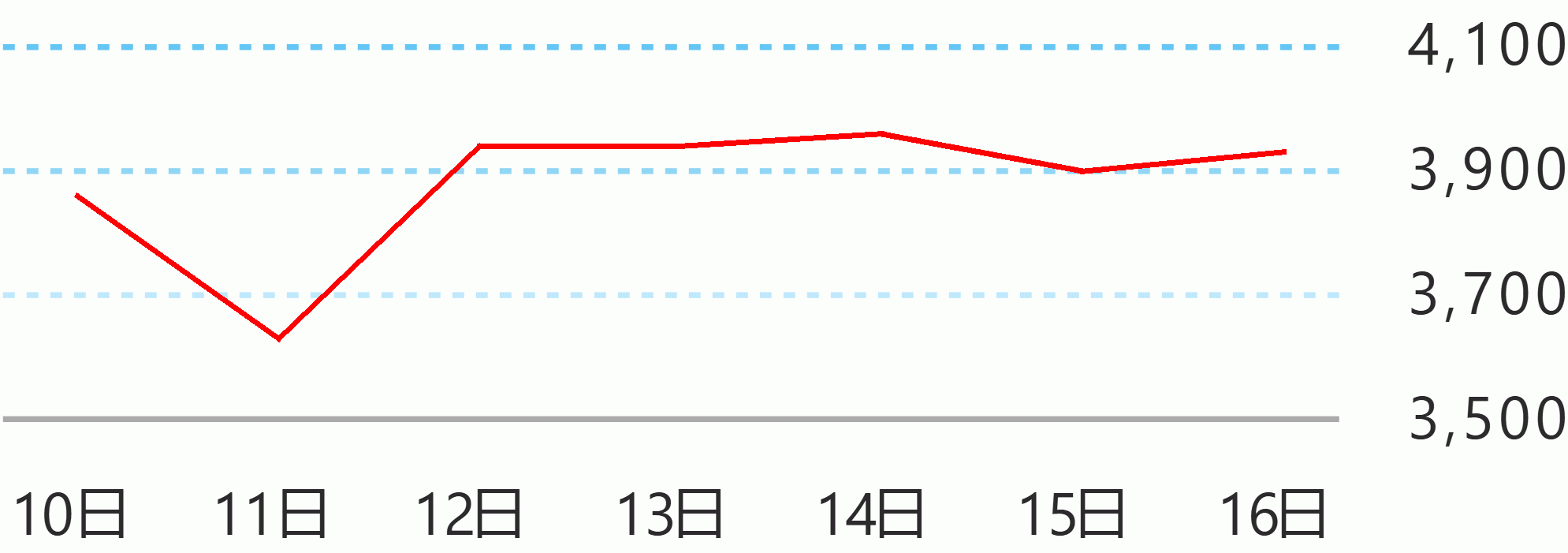Cabinet secretaries have unanimously echoed the historic gains and substantial reforms by the administration under the leadership and guidance of President Ferdinand Marcos Jr. in his first year in office.
In separate statements on social media, the Cabinet secretaries cited the several development programs and projects of the government to further improve the living conditions of the Filipino people.
“From Day One when President Marcos Jr. took his oath of office until today, he has made it clear to all of us in the Cabinet that we need to operate as a team, and to support each other’s goals, projects and plans for the people,” Migrant Workers Secretary Susan Ople said.
With the President’s leadership, Ople said the Department of Migrant Workers (DMW), being the youngest government agency in the bureaucracy, managed to overcome many “hurdles of transitory work.”
“As a result, we were able to put together the structure and necessary programs and services for our migrant workers and their families a year ahead of schedule,” the DMW chief said, adding the team spirit enabled the agency to tap the expertise of other Departments and agencies.
Ople said the first year of Marcos administration yielded solutions to “long-festering problems besetting our OFWs, our seafarers because the goals are clear, the focus sharp.”
“Credit must also be given to the full support of the legislative branch to ongoing efforts to build a strong department and expand services to our OFWs,” she said.
“The future looks bright in the field of overseas employment because this sense of teamwork, camaraderie, and shared initiatives are infectious, leading to a more upbeat outlook on the Philippines among foreign employers,” Ople added.
Trade and Industry Secretary Alfredo Pascual, for his part, described the chief executive’s leadership style as “visionary” which resulted in “remarkable achievements” that are pushing the progress of the Philippine economy and fostering partnerships with both local and foreign markets.
“His strategic guidance to the Department of Trade and Industry (DTI) in promoting investments and ease of doing business is our driving force to achieve shared prosperity for all. Under his direction, the DTI has been steadfast in our commitment to foster a conducive environment for businesses, enabling them to thrive, generate more jobs and increase income to our fellow Filipinos,” Pascual said.
He said among the key policies that the President has put in place to support trade and investments are the entry into force of the Regional Comprehensive Economic Partnership Agreement, which enhances the country’s competitiveness; the establishment of the Green Lane for Strategic Initiatives via Executive Order No. 18, which provides a one-stop action center and for fast-tracking the permitting and licensing of foreign investments; and, the strong backing for the Philippine Export and Development Plan (PEDP) by issuing Memorandum Circular No. 23 to set the stage for the successful implementation of the plan.
“The PEDP serves as our strategic roadmap for empowering our exporters in the global marketplace and transforming the Philippines into a formidable global export player,” the DTI chief said, adding the President’s overseas visits have brought into the country several investment potentials.
Another economic manager of the administration, National Economic and Development Authority (NEDA) Secretary Arsenio Balisacan said, that although President Marcos was faced with macroeconomic shock in his first year in office due to the Covid-19 pandemic, the chief executive’s assumption into office provided the “critical pivot toward the country’s full recovery” from the global health crisis.
“Moreover, his leadership is charting for the Philippines a path that is resilient and inclusive. Recognizing the immediate issues at hand, the President crafted his 8-Point Socioeconomic Agenda, a list of priorities that would guide the policies, programs, and initiatives of his presidency,” Balisacan said.
“The agenda not only focuses on pressing, short term issues such as inflation, a tighter fiscal space, and socioeconomic scarring, but also on priorities for the medium term to reinvigorate higher-quality job creation and accelerate poverty reduction in the next six years,” he said.
Balisacan said that a year into the Marcos presidency, the Philippine economy remains firmly on track as it returns to its high-growth norm, supported by a strong labor market performance and a downward-trending inflation that is on its way to reaching the government’s target.
“The country saw robust gross domestic product (GDP) growth, with output expanding by 7.7% (Q3 2022), 7.1% (Q4 2022), and 6.4% (Q1 2023) in the first three quarters of the Marcos Administration,” he said.
“The 2022 full-year growth average is at 7.6%, which exceeds the government’s target for the year of 6.5-7.5%, while real GDP per capita surpassed pre-Covid-19 levels beginning in the fourth quarter of 2022,” Balisacan cited, adding that these indicators show a promising picture of a sustained recovery for 2023.
The NEDA chief also said the government has also actively enlisted the help of the private sector in marketing the country as a promising investment destination and in creatively designing and carrying out its programs and initiatives.
“Private sector confidence in public institutions and processes appears to have returned quickly, in contrast to the wait-and-see attitude one might often observe during significant transitions at the national level,” Balisacan said, adding that the Marcos administration is committed to ensuring that the poor and vulnerable sector is shielded from the economic shocks.
For his part, Department of Social Welfare and Development (DSWD) Secretary Rex Gatchalian said President’s Marcos’ heart is in the right place with his vision to uplift and look after the well-being of the marginalized and vulnerable sectors of society.
“The President’s marching order is for the DSWD to use the entire machinery of government to achieve the goal of poverty incidence reduction by single digit,” Gatchalian said.
With the President’s directive in mind, Gatchalian said the DSWD managed to strategically place satellite offices in several parts of the country including in Bulacan, Antipolo, among others.
Gatchalian, also with the guidance of the chief executive, has strengthened and expanded the supplemental feeding program for children enrolled under the Child Development Centers and Supervised Neighborhood Play.
“The President’s heart was also in the right place when he (greenlighted) the Walang Gutom 2027: Food Provision through Strategic Transfer and Alternative Measures Program (Food STAMP Program), which aims to decrease incidence of involuntary hunger experienced by low-income households and make them productive citizens of the country,” Gatchalian said.
On the other hand, Department of the Interior and Local Government Secretary Benjamin Abalos Jr. said the agency has carried out notable reforms in terms of local governance and peace and order under the leadership and guidance of President Marcos.
“The Department has taken to a higher level the country’s fight against illegal drugs with its flagship program, the Buhay Ingatan, Droga’y Ayawan, or BIDA program,” Abalos said.
He said the BIDA program enjoins all levels of the bureaucracy, from the national down to the barangay, to enhance their anti-illegal drugs campaign.
“We were able to establish partnerships with more than 30 private companies to formulate their respective anti-illegal drug policy alongside the random drug testing. We have also improved community-based drug rehabilitation (CBDR) through partnerships with international development entities such as the United States Agency for International Development (USAID)-RenewHealth program in the rehabilitation of persons who use drugs (PWUDs),” Abalos said.
Through the President’s guidance, Abalos said the DILG has raised the bar for LGUs to improve public service delivery towards excellence in service through the progressive performance system, the Seal of Good Local Governance (SGLG).
“With the continued implementation of the SGLG as a performance gauge, the Department manages to develop a culture of high performance, transparency, and accountability among well-performing LGUs through recognition and giving them incentives,” Abalos said. Presidential News Desk




 English
English











